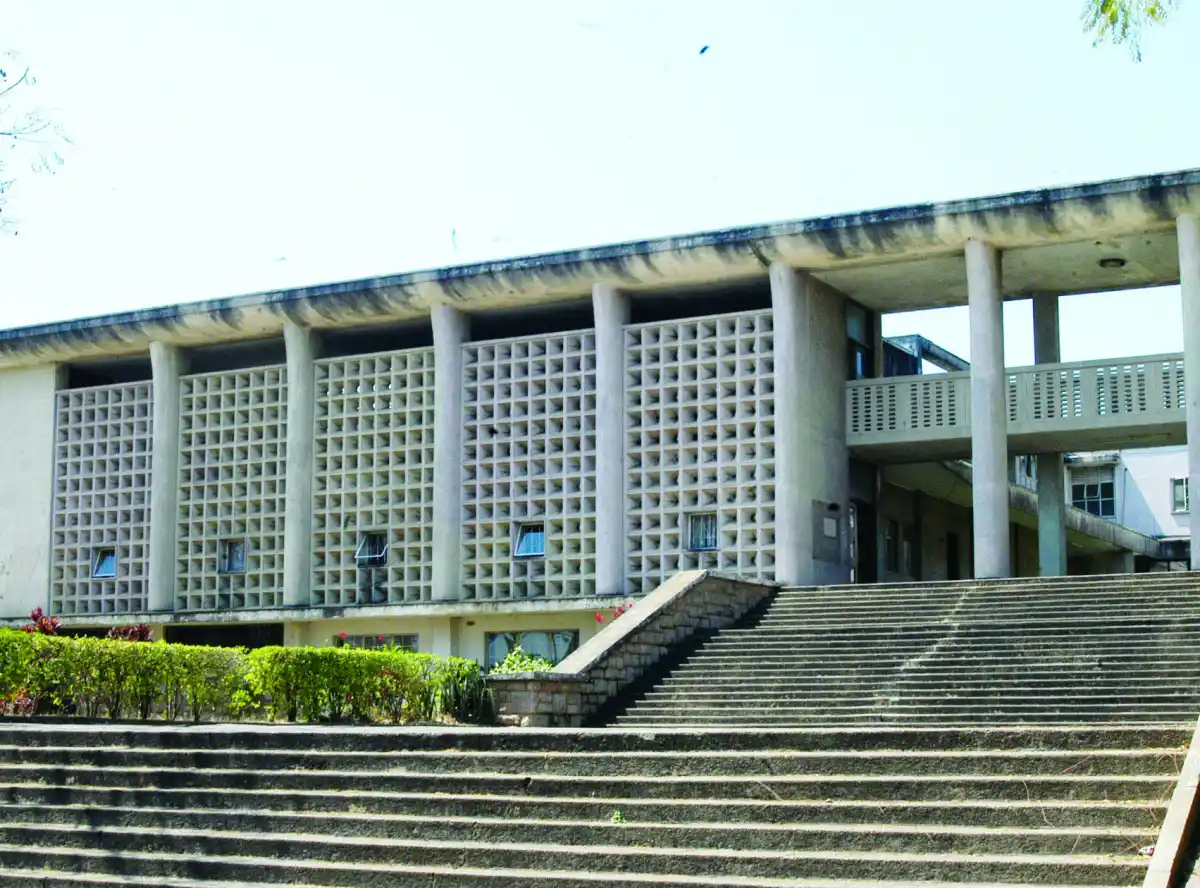

The Anti-corruption Bureau (ACB) is expected to get K1.2 billion from properties and assets confiscated from owners and individuals who were found guilty of corruption 10 years ago.
According to a notice of disposal, reference number ACB/DOMV/01/11/2024- 25, published by the bureau, ACB has put on sale assets confiscated 10 years ago.
ACB acting Director General Hillary Chilomba confirmed that the bureau had put the properties up for sale.
“These are properties that were confiscated 10 years ago. The ACB has invited interested bidders to submit their bids for the properties, which are located in various parts of the country.
“The properties will be sold on an as is basis, meaning that they will be sold in their current condition,” Chilomba said
Some of the individuals whose properties are being sold already saved their sentences, such that they are now out of prison.
Several high-value assets, including multiple dwelling houses and vehicles (Toyota Crown, Nissan Fuga, and Range Rover), were confiscated from Leonard Kalonga, who was by then found guilty of defrauding the government of K3.7 billion.
The most expensive asset from him is a house situated in Gouji compound, Area 49, which is valued at K148.75 million.
Among the assets seized are high-value real estate from Oswald Lutepo, who was sentenced to 11 years in prison for money laundering and conspiracy to defraud the government of K4.2 billion.
He was released from prison after completing his jail term.
His houses and a warehouse in Blantyre, located in Matindi area, are being sold for K324 million.
Other properties belong to Ng’ambi (deceased), a former immigration officer, and his properties have been put on lower value, with most being located in Karonga District.
A vehicle belonging to Conrad Nambala, who was also involved in the money scandal, in this case an Audi (MJ 7510), is being sold at K3,053,332.54.
The bulk of the confiscated assets are dwelling houses located in different areas (Blantyre, Karonga, Mzuzu), with high-value properties in urban regions.
According to the advertisement, some assets are unvalued, which could potentially underestimate the total value.
The valuations, particularly for the vehicles, seem thorough, but the absence of values for specific assets (like the Nissan Fuga) shows incomplete data, which may impact overall transparency.

Meanwhile, Centre for Social Accountability and Transparency Executive Director Willy Kambwandira has said the sale of the assets could contribute significantly to recovering lost public funds, though the process needs transparency to ensure funds are reintegrated into the economy or used for the provision of public services.
“The confiscation and planned sale of these properties indicate active measures by the Anti- Corruption Bureau to fight corruption. It highlights the bureau’s capability to reclaim proceeds from illegal activities,” Kambwandira said.
On his part, economic commentator Velli Nyirongo said by publicising such information, the ACB was demonstrating accountability.
Nyirongo also said the move raised questions on whether all assets from convicts had been thoroughly identified and valued.
“The sale process should be transparent, with proper oversight to prevent further corruption or manipulation in the auctioning of these assets.”
“When you compare what was stolen from Malawians to what is recovered, this is a great mismatch.” Nyirongo said

Meanwhile, Malawi Human Rights Defenders Coalition Chairperson Gift Trapence has said the move is encouraging.
“We expect the ACB and other law enforcement agencies to focus on the asset recovery route. But then we are greatly concerned with the lack of transparency and accountability on proceeds recovered from such interventions,” Trapence said.
According to Trapence, there is a need for coordination among law enforcement agencies to ensure meaningful recovery.
He added that this sends a warning to those involved in corrupt practices.
Trapence then called for continued efforts to track and recover assets from other individuals involved in corruption—beyond those listed here.






0 Comments